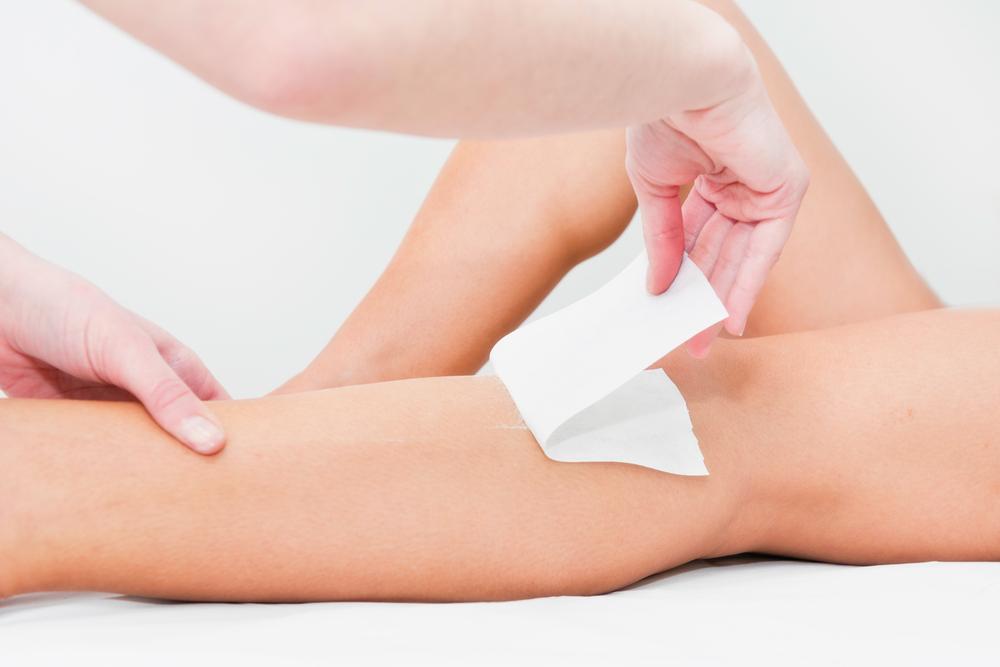6 Popular Hair Removal Methods
Autumn may seem to be a strange time of year to worry about hair removal. Afterall, with the summer over you can neglect your sugaring, waxing, and shaving, and tuck your legs into tights and long pants, and your fuzzy underarms into bulky sweaters.
Hair removal for the underarms, and…ouch, bikini line is out of sight, out of mind for a few glorious seasons. However, that means you can take the time to decide on the best hair removal for your personal needs.

Waxing
The good news about waxing is that this hair removal method can last up to 3- to 6-weeks before hair grows back. The bad news? Waxing can be rather painful, as it literally rips hair out by the root using a sticky wax and cloth strips to grab onto hairs. It’s similar to the feeling of pulling off a band-aid, but anestheticians concur that the pain lessens over time as the hair becomes finer with frequent treatments. Waxing treatments can be costly, at up to $50 and $80 for a qualified professional. If you have the nerve, a self-waxing kit is around $20. Keep in mind, if you’re pro wax, you need to let the hair grow at least a quarter of an inch between treatments.
Laser Hair Removal
When it comes to hair removal, let’s talk about the hairy gorilla in the room: laser hair removal. As much as this method, which eviscerates hair roots with light, is known for it’s long-term and even permanent effects over time, laser hair removal is expensive. Really expensive at upwards of $1000 for a series of sessions. In reality, laser hair removal can take up to a dozen consecutive sessions before the hair achieves that baby fine, peach fuzz status. Laser hair removal is also not painless. In fact, it’s been compared to having a rubber band repeatedly snapped against the skin. Ouch.
Sugaring
Similar to a waxing treatment, sugaring is made for beauty goers in search of a more natural form of hair removal. The sugar is applied in a sticky paste directly to hair, which is pulled out against the grain. Sugaring is slightly less painful than waxing and there’s no risk of a burn to your eyebrow or upper lip, as there can be with hot wax. Like waxing, sugaring removes hair for between 3- to 6-weeks and treatments from a professional cost between $15 (i.e, for eyebrows) and $45 (i.e., for bikini line).
Threading
Hair removal by threading, a technique that utilizes cotton thread to remove undesirable facial hair from the eyebrows, chin, and upper lip, has been employed since Ancient times. Made famous in Asian countries, threading uses two long entwined pieces of thread in a scissoring motion that removes hair in one clean, gentle stroke. Threading is essentially painless. It’s actually very similar to tweezing, without any use of heat or chemicals for sensitive skin. Treatments are conducted very quickly and cost slightly less than waxing. Plus, threading tends to last a little longer than waxing or sugaring at an average of 4 weeks before hair regrows.
Shaving
Last, but probably the most tried and true form of hair removal is shaving. This hair removal method slices off the hair at the skin’s level, so essentially a “close shave” depends on the quality of the razor you use, and it grows back stubbly within a few days to a week, depending on your rate of hair growth. Shaving employs a razor, shaving cream (or conditioner) to avoid razor burn, and a steady hand to ensure no nicks. Just watch out for those ankles. Thankfully, razors are disposable and just cost $5 to $20 with disposable blades sold in 5 packs. So do remember to invest in a higher end razor if you expect a quality blade.